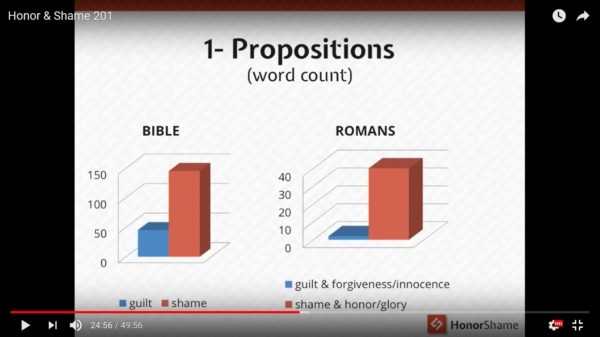After many years of serving the Guahibo church, we have been learning many things. In recent months, we have been working together with some of the tribal church leaders to revise the teaching materials for their churches. Virgilio, one of the key leaders, has grown a great deal personally and in his influence on the church, the leaders and the others.
We have found that there have been some changes, and not just in terminology. In working in cultures in which shame is a major theme, we have had to be more attentive to the perspective and worldview of the people who are receiving the teaching. We’re taking into account how they read the Scriptures through the eyes of their own cultural focus, what they are hearing in their own minds. In the Word itself, they will be able to find the answer to many of their questions and needs in the context of their culture.
We have worked on the direct application of the Word to Guahibo life and thought, and we will continue doing so.
As we got into the story of Adam and Eve, we were left speechless as we were impacted by the way that God, using few words, conferred on them the honor of being created by Him. Every lesson has become an even more real experience in the life of the new believers as they see themselves through the eyes of God with this new lens.
Something that has been helping the believers is to focus on stories that tell about how ordinary people have struggled in their own context or cultural setting.
Currently, with some of the church leaders, we’re studying the history of the church in New Testament times, taking into consideration the context of Mediterranean culture. We’ve been able to discover and explore those environments as scenarios that help explain the cultural values of the era of the initial development of the church. This has been a new window through which we have been able to discover and observe how God worked through His servants in rather complex cultural contexts.

Here are some relevant quotes from some of the books that we’ve been studying on this topic:
“Culture is the prerequisite to communication” David A de Silva, Hope of Glory.
“We can easily forget that… reading the Bible is a cross-cultural experience” (2012:75). Misreading scripture with western eyes.
“More than a simple theological controversy, this conflict has a social background. This is made clear when we relate their social condition to theological issues.” (Notes from the book: “Community, conflict and eucharist in Roman Corinth” the social context of Paul’s letter.
The false honor sought by men and that which is given by God. Commentary on 1 Corinthians by Simon J. Kistemaker.
“Paul redefines honor, giving prominence to the characteristics that promote social cohesion and mutual edification.” In the cited passage, Paul helps the people to choose that which is valued by the entire community”.
“The God spoken about in Romans is worthy of honor, glory, and praise (1:25; 15:8-12); he is the honorable Creator to be exalted (Rom. 11:36; 16:27). All the events of salvation-history magnify God’s name and extol his honor. God is the ultimate honorable Being because of his life-giving power (1:3, 4:21ff, ch. 8) and great faithfulness. God is not a liar reneging on promises to Israel, but he is persistently committed to the salvation of Israel and the world (chaps. 2-3). Jesus – the honored agent of God’s benefaction – established and mediated God’s honor. Romans 1:3-4, a theological foreshadow, establishes Jesus’ honorable and exalted status as Son of God, Son of David, Messiah, and Lord, even despite his shameful death”. Jayson Georges, “From Shame to Honor: A Theological Reading” Missiology (2010) 38: 295 Robert Jewett, “Honor and Shame in the Argument of Romans,” in Putting Body and Soul Together, pp. 25772.
God, by inviting us to consider entering through this window, has allowed us to discover some identity values and recognize the value that they represent to Him, according to His own purposes.
“Our common life, in the opinion of Christ, is the most powerful force that He is willing to exert in order to attract other people to Himself… If the strategy of God requires that people’s common life reflect His kingdom, any other strategy is an apostasy and any other doctrine that competes with it is a heresy.” John Nugent, from his book Endangered Gospel (back-translated to English from the Spanish translation.)
The Guahibo church still has many truths to discover but taking into account the lens of honor and shame has highlighted in color and intensity, through the reading of the Word, a personal message of relationships and environments in which more of God can be experienced. We ourselves have been blessed as we’ve sought to look through this new window.
It has been a mutual joy to consider this new form of presenting and perceiving God and our desire is that many more people can experience this very necessary honor conceded to each one of us through Him. To Him be the glory!